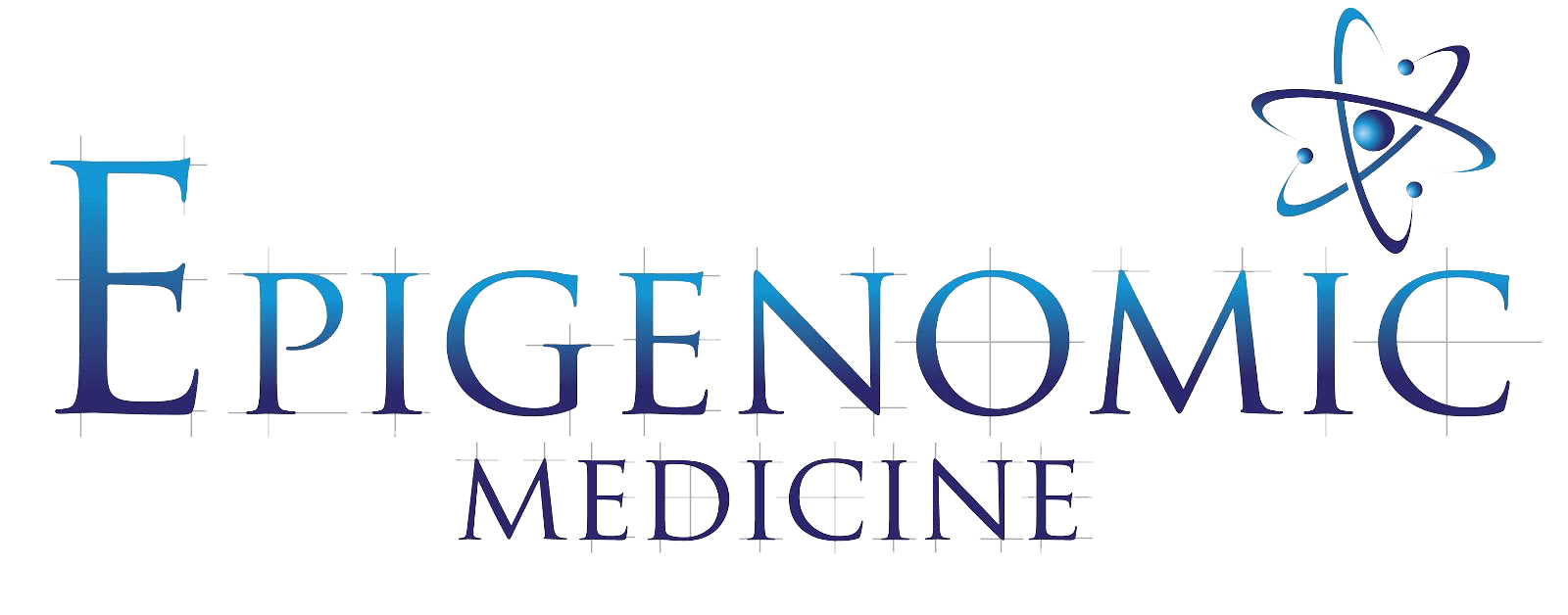health benefits, their specific efficacy in preventing or treating COVID-19 remains a subject of debate and ongoing research. Natural supplements encompass a wide range of products derived from plants, herbs, vitamins, and minerals, often lauded for their immune-boosting properties. However, when it comes to their usefulness against COVID-19, caution and a critical approach are necessary.
Certain supplements like Vitamin D, Vitamin C, Zinc, and herbal remedies like echinacea and elderberry have been explored for their potential to support immune function. These nutrients play essential roles in the immune response and overall health, but their direct impact on preventing or treating COVID-19 is not definitive. Some studies suggest that adequate levels of these nutrients might contribute to a stronger immune system, potentially aiding in the body’s defense against infections, including COVID-19. Still, the evidence is not conclusive.
It’s crucial to emphasize that natural supplements should not be considered as a substitute for vaccination, medical treatment, or established preventive measures like wearing masks and practicing social distancing. The World Health Organization (WHO) and health authorities worldwide recommend vaccination as the most effective strategy to prevent severe illness and death from COVID-19.Moreover, the quality, purity, and dosage of natural supplements vary widely among products, making their efficacy and safety inconsistent. Additionally, potential interactions with medications or underlying health conditions should be carefully considered before their consumption.
In conclusion, while natural supplements may offer some potential benefits for overall health and immune support, their specific usefulness against COVID-19 requires further scientific investigation. Relying solely on supplements without adhering to recommended preventive measures and medical advice can pose risks and may not provide adequate protection against the virus. Consulting healthcare professionals for personalized guidance remains essential in making informed decisions about supplement use.

